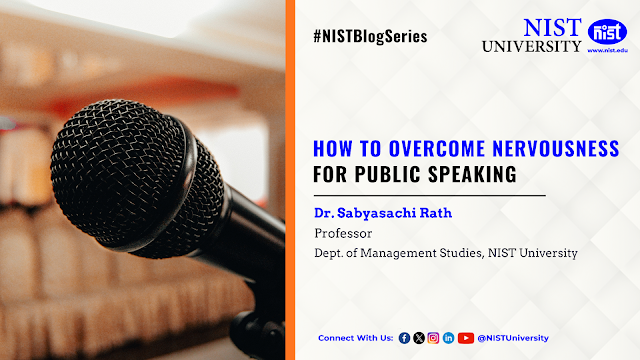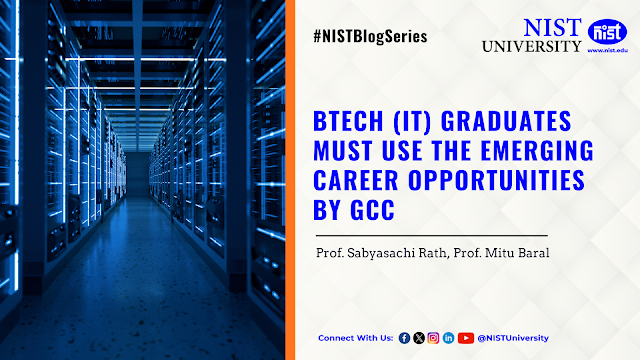HOW SHOULD YOU DO A PRODUCT /SERVICE REVIEW! 07 EASY STEPS TO BEGIN WITH

Literally, a product review is a report in a newspaper, magazine, or program in which an expert expresses an opinion about a product or compares several similar products. In the ever-changing landscape of e-commerce and digital marketing, product reviews have become an essential component of customer decision-making. Understanding the meaning of a product review is essential for both consumers and marketers. Today, most of these reviews are available online, but they may also appear in print media. Consumers use product reviews to help them make key purchasing decisions. There are several types of product reviews, including: Industry professional reviews: This category includes feedback from significant figures in an industry, such as experts or experienced purchasers. Marketing team and internal writer reviews: This category covers evaluations from a brand's marketing teams and internal writers, who frequently seek to improve positive opinion of a product or service. Cus...




